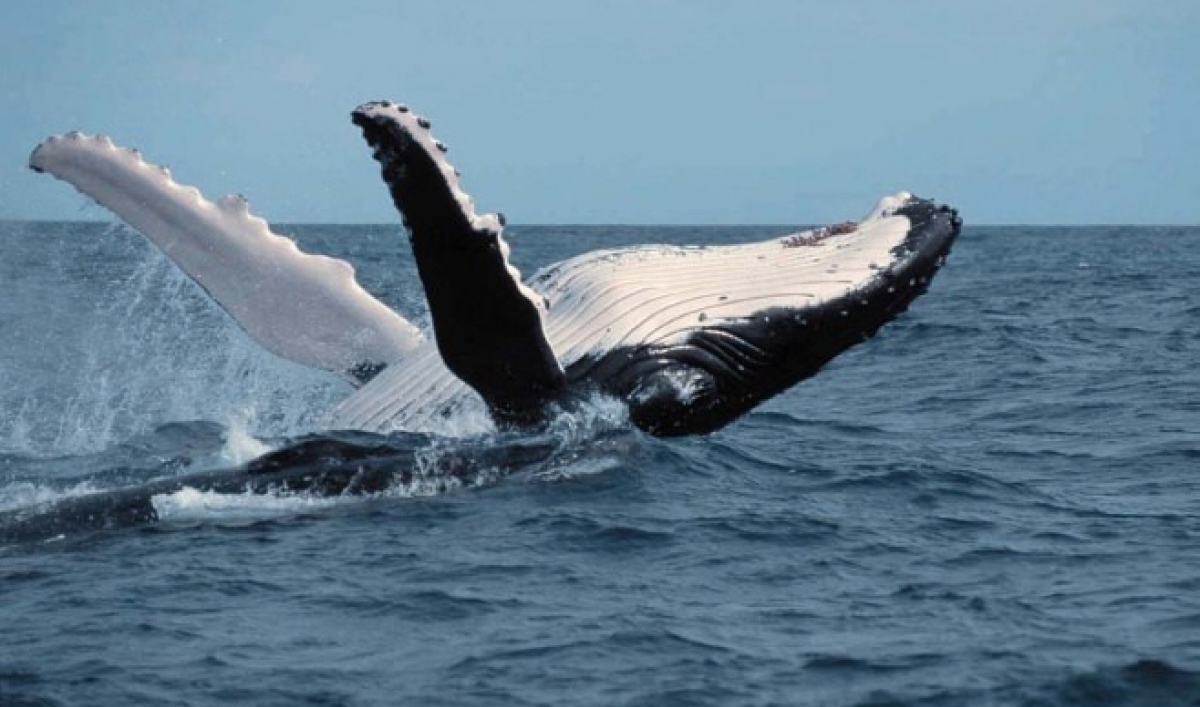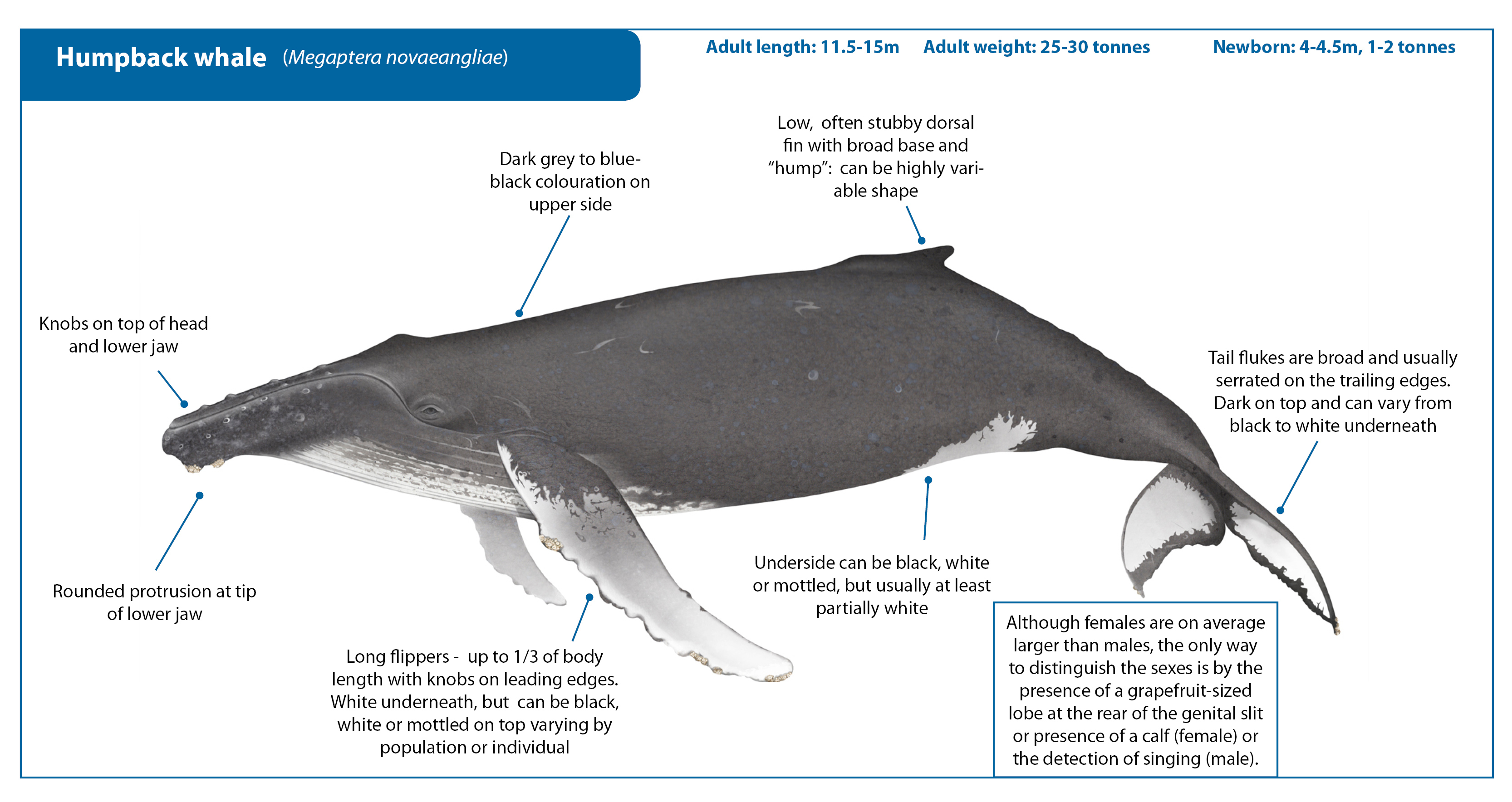THE BIG 6

Spending summers in the Pacific Northwest in North America as a child, I marvelled at the whales frolicking and leaping and coursing through the ocean waves. As waters have warmed off the coast of Kenya, I have more recently been able to delight in the same phenomenon closer to home.

Every year, humpback whales make the journey north from Antarctica, congregating off the Kenyan coast in July and August as they seek warmer waters to give birth and mate. These whales travel 25,000 kilometers on their journey every year — more than half the distance around the Earth.
Humpback whales are a type of baleen whale, which means they eat via a filter system of hairs (“baleens”) in their mouths, gulping in water and sieving out food. Humpbacks can live to 100 years old, be 16 metres long, and weigh up to 40 tonnes (8 times the size of an elephant!). Every year, males compose a song that they sing together for hours — talk about the world’s bulkiest barbershop quartet! They are acrobatic animals, leaping and flipping impressively through the air. Once on the brink of extinction, hunting restrictions have helped the humpback population rebound to 80,000 worldwide.

In Kenya, humpbacks call port several times, first stopping at Shimoni and then visiting Diani, Kilifi, Watamu, and Lamu before continuing north. This provides ample opportunity for once-in a-lifetime whale watching. Tours can be KSH 5,000-45,000 and are becoming a popular new addition on Kenya’s safari scene.
Whales are not the only wonder in Kenya’s waters, though. The Watamu Marine National Park & Reserve is home to coral gardens, three types of turtles, dolphins, 500 species of fish, whale sharks, manta rays, and octopuses. These incredible creatures depend on us to keep our waters — their home — clean. May you experience the glory of the whales this winter while also doing your part to keep their ecosystem sustainable for years to come.
A closer look from Vlogger Farhana Oberson
Get your whale watch on from the end of July – end September.
Stay mindful and keep our beaches healthy, clean and safe, and protect our waters.
More resources on eco-travelling in Watamu here
Follow on IG | Watamu Marine Association


